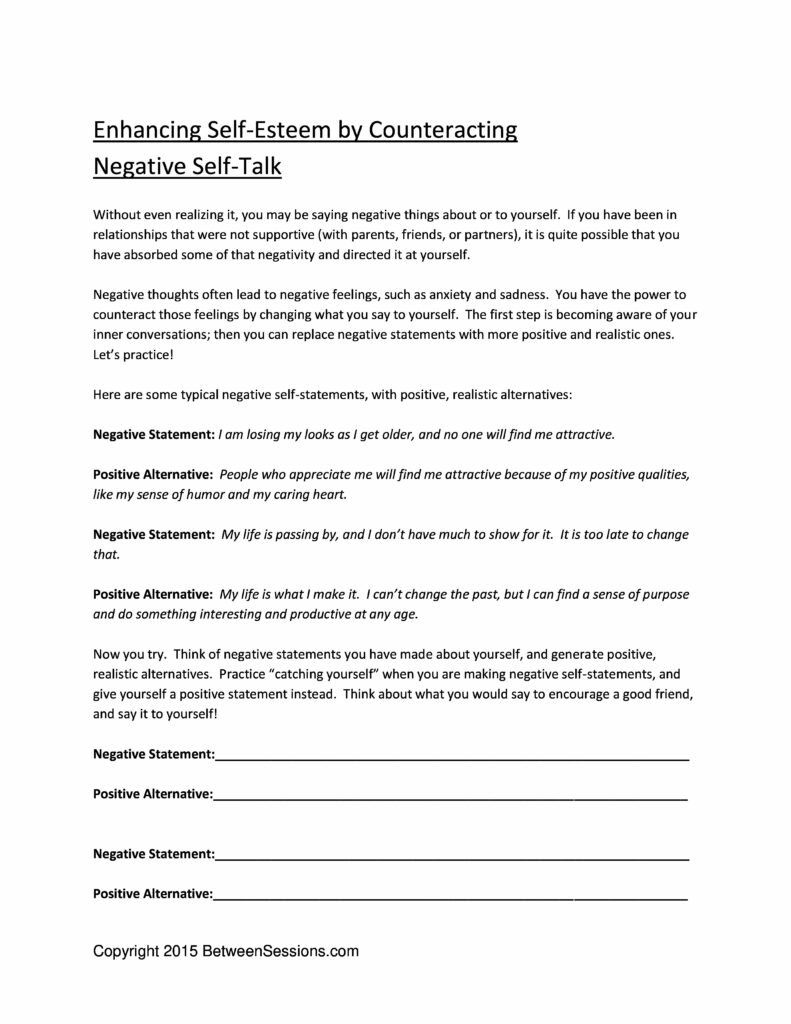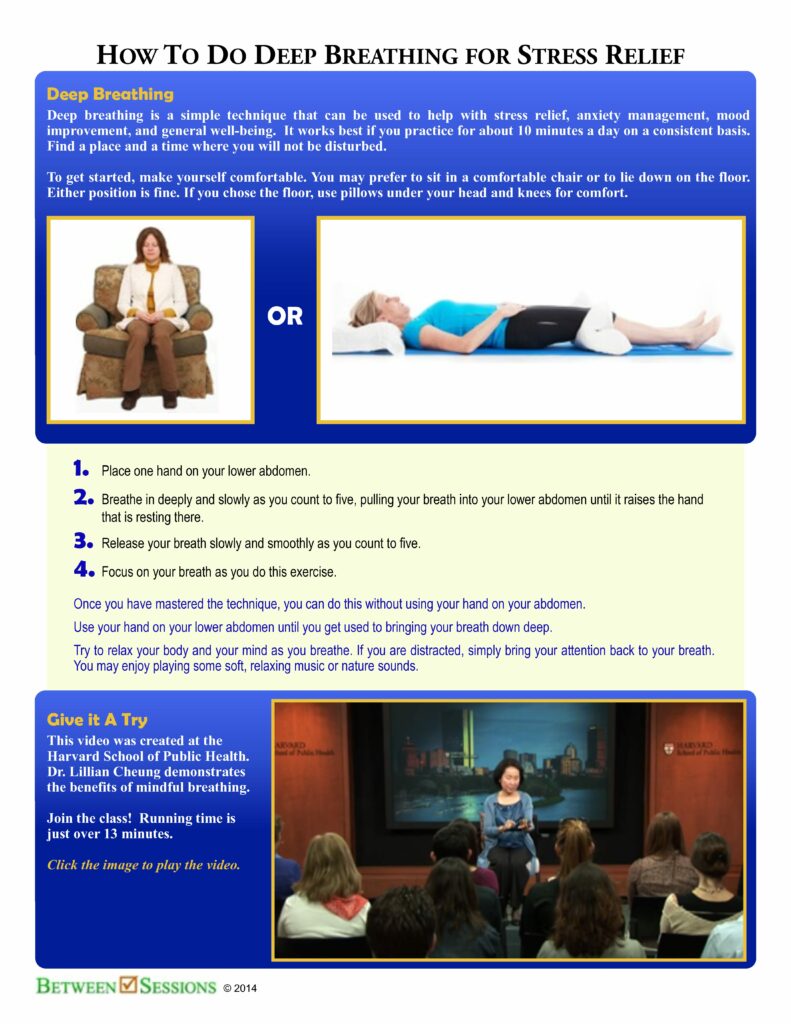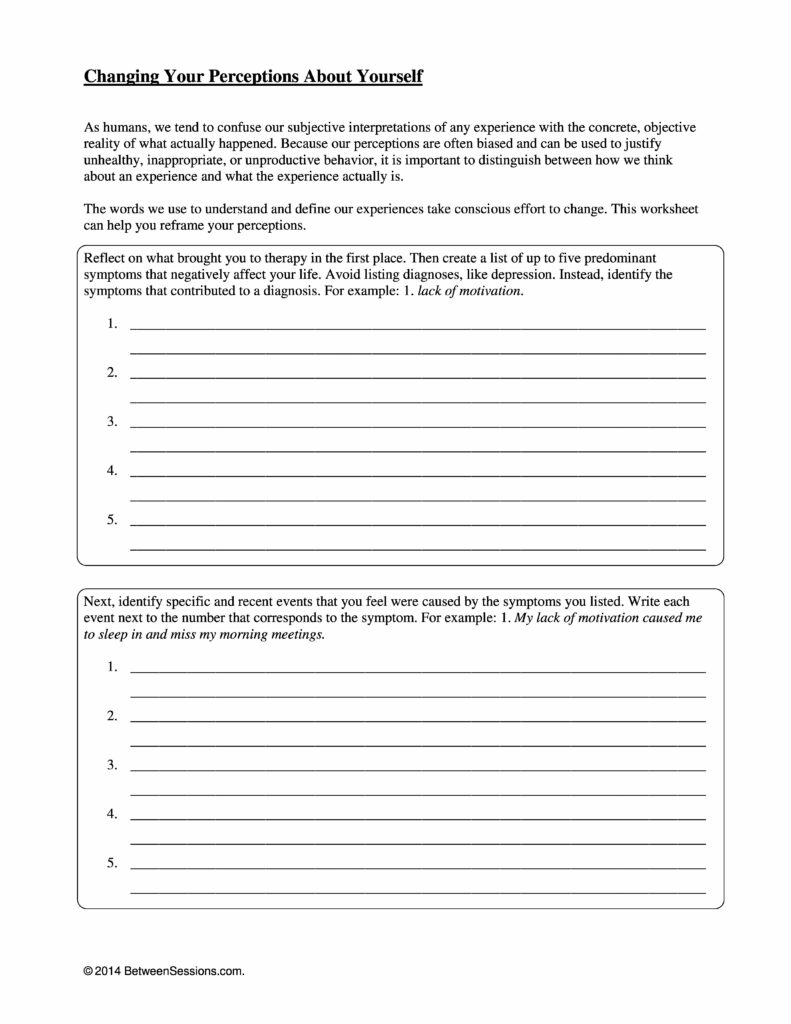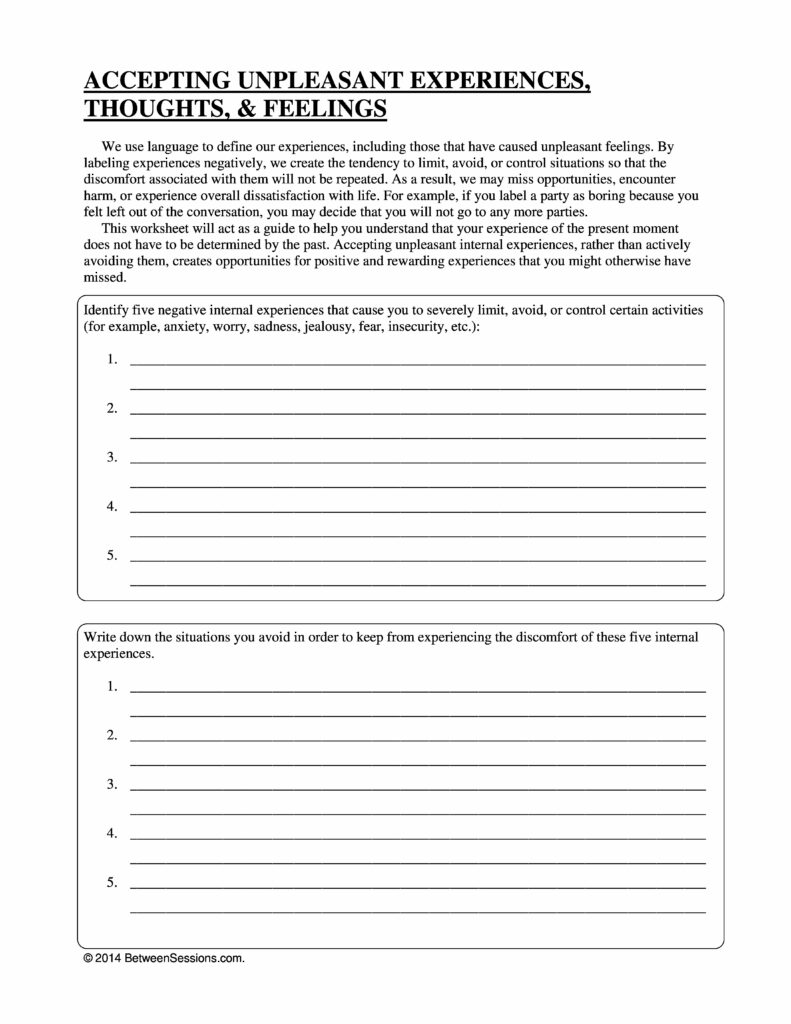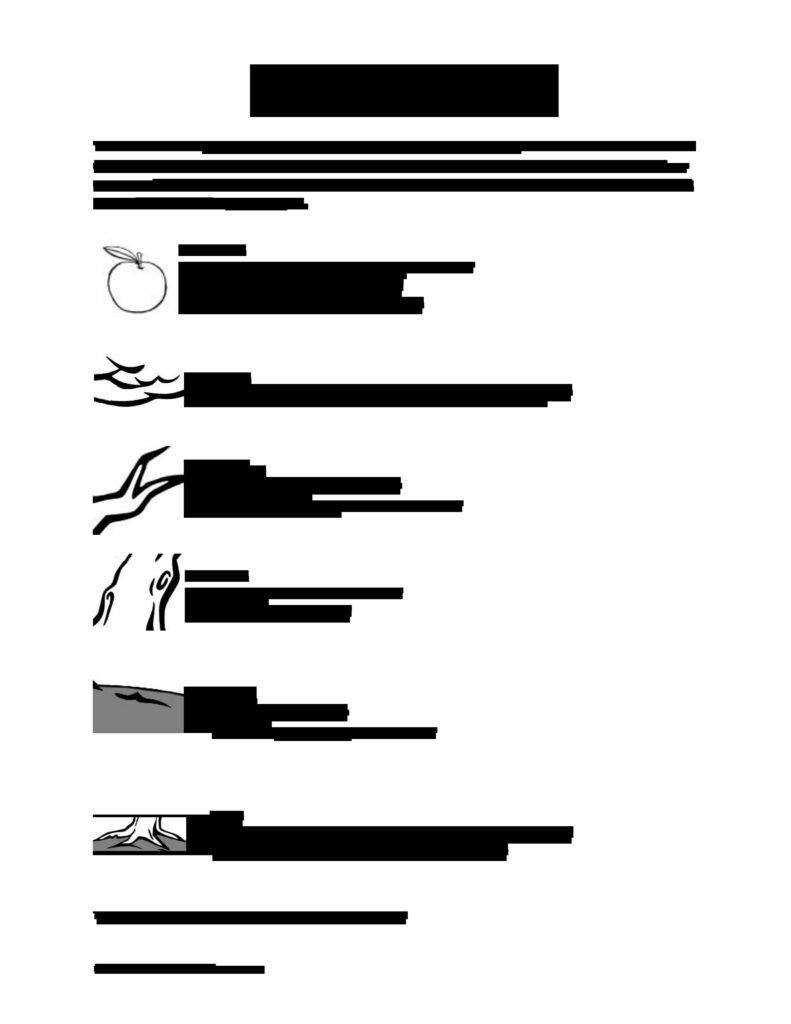This worksheet is intended to help clients who self-injure learn to avoid the objects they commonly use to hurt themselves. It will be most effective when used with a comprehensive safety plan. Form Type: PDF (0215)
This worksheet can help people identify and change the negative self-talk that can lead to low self-esteem.(self-esteem, negativity, 0215)
This worksheet will assist clients in developing an awareness of when they are at risk for a relapse and how to appropriately respond. Form Type: PDF (121614)
Grounding techniques are often recommended for clients who feel overwhelmed by their thoughts and feelings. This pdf includes a worksheet to help clients practice this technique and a link to a video demonstration of the technique. (1214)
This worksheet is designed to help people correct distorted thinking about their bodies. It provides several examples of common distorted thoughts people have about their bodies and gives them examples of corrected responses. (cognitive distortions, body image, eating disorders, body dysmorphia, 1214)
This worksheet describes the four basic steps of relaxing through deep breathing. The worksheet links to a 13-minute exercise for clients to practice deep breathing, led by Dr. Lillian Cheung, of the Harvard School of Public Health. (mindfulness, breathing exercise, audios, stress management, 1114)
This worksheet asks clients to think about themselves objectively, based on the facts in their lives rather than on a subjective interpretation of their experiences. This exercise is derived from Acceptance and Commitment Therapy (ACT, 1114).
This worksheet, derived from Acceptance & Commitment Therapy (ACT), is designed to help people accept unpleasant internal experiences, and not use them as an excuse to avoid life-affirming situations.
This worksheet is a Narrative Therapy technique which can be used to help clients get more perspective on their presenting problem and see that they have the power to change their “life story.” (narrative, therapy, problem-solving, 1114)
This exercise is designed to help clients communicate positive aspects about their lives. The technique is derived from Narrative Therapy. (1114)


